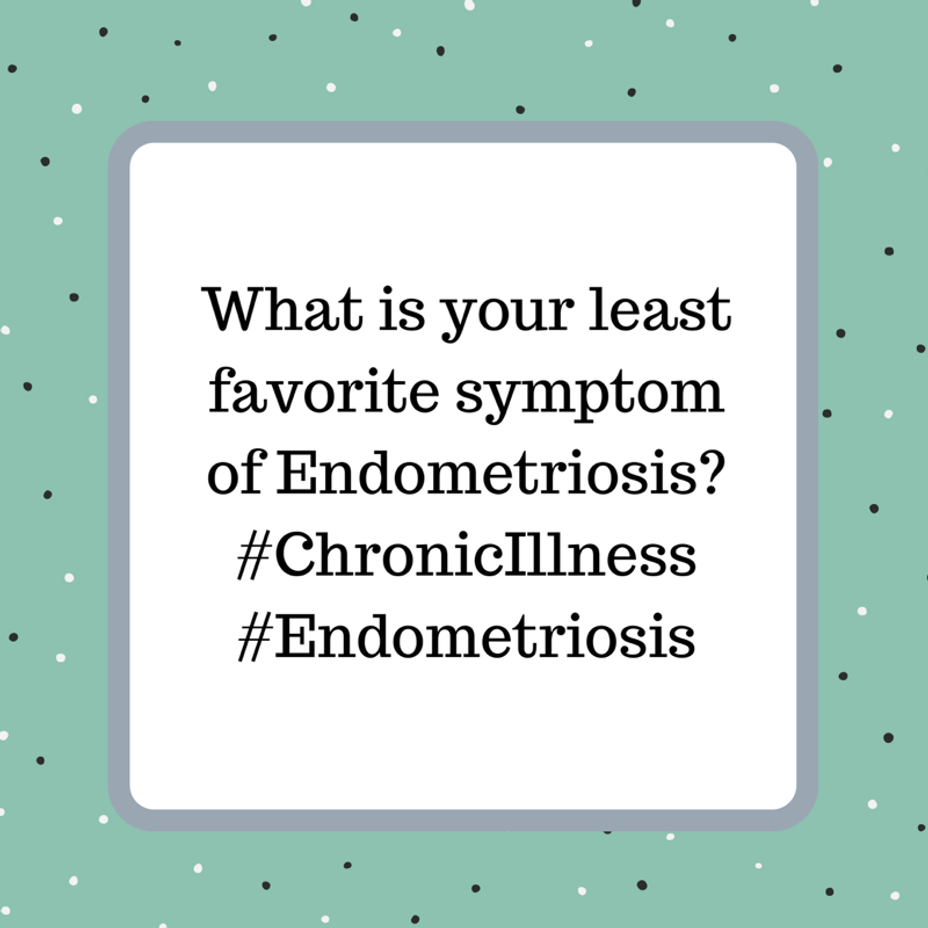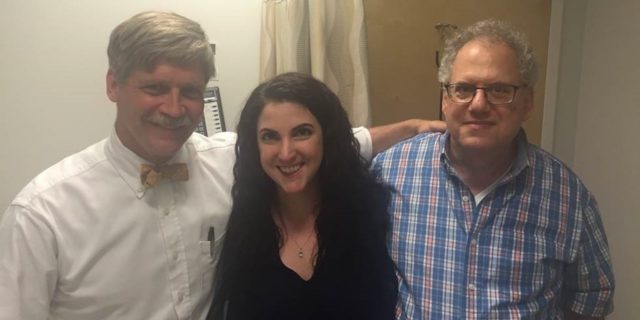What is endometriosis?
Endometriosis is a painful condition that causes the tissue lining the uterus to grow outside of the uterus. This condition can also involve the ovaries, fallopian tubes, and tissue lining the pelvis. The endometrium tissue acts as it normally would with each menstrual cycle (thickening, breaking down, and bleeding), but growth outside the uterus has no way to exit the body.
What are the symptoms of endometriosis?
Symptoms of endometriosis include:
- Painful periods
- Pain during intercourse
- Pelvic pain
- Heavy periods
- Fertility issues
If you’re experiencing signs of endometriosis, speak to your healthcare professional.
What causes endometriosis?
Some theories for the cause of endometriosis include retrograde menstruation and surgical scar implantation. Retrograde menstruation occurs when menstrual blood flows back through the fallopian tubes, sticking to the pelvic wall and growing into these areas. Also known as "induction theory," transformation of peritoneal cells is a theory proposing that the normal cells lining the abdominal wall transform into endometrial cells due to hormonal or immune factors. Experts have found that surgical scar implantation may occur following a C section or hysterectomy, causing endometrial cells to attach to the surgical incision. These are only a few of the many theories that have been proposed regarding the cause of endometriosis, but the cause is still not entirely known.
How do you treat endometriosis?
Treatment for endometriosis varies depending on the severity of symptoms and the patient's age. Hysterectomy or removal of the uterus was once considered the most effective endometriosis treatment. However, doctors are beginning to shy away from this intervention. The first line of treatment typically involves pain management and sometimes hormonal therapy. Conservative surgery to remove the endometrial tissue while preserving the uterus and ovaries can help minimize the symptoms of endometriosis while still maintaining the patient's ability to conceive. Because endometriosis can cause fertility issues, fertility treatments are common as well. Before deciding on treatment for endometriosis, it is important to get multiple opinions and find a doctor with whom you feel comfortable.
The Power of Endometriosis Support Groups
If you’ve been given an endometriosis diagnosis, you might feel alone and unsure of what to expect. But with The Mighty, you’re not alone.
The Mighty’s endometriosis support group provides women unlimited access to endometriosis resources including the latest news, medical research, and educational content. With thousands of members sharing their stories, you’ll learn effective coping strategies, helpful tips for managing endometriosis symptoms, and powerful advice for navigating day-to-day life.
Join The Mighty’s online endometriosis support group today and partner with a network of over 30,000 women living with endometriosis.
Connections that Care
Sometimes even our closest friends and family members can’t give us the support we need. When you join our endometriosis support group, you’ll meet women who understand exactly what you’re going through. They’ve experienced the same symptoms, taken the same medications, and had the same surgeries as part of their treatment programs.
Learn from their experiences, be inspired by their stories, and share your own in one of the largest endometriosis support groups online. Ask questions in our open forum, get advice from women on a similar treatment plan, or connect with members at local social events in your area. Join the thousands of women who have found their people in our endometriosis support group.
For endometriosis support any time, anywhere, sign up for The Mighty today.










